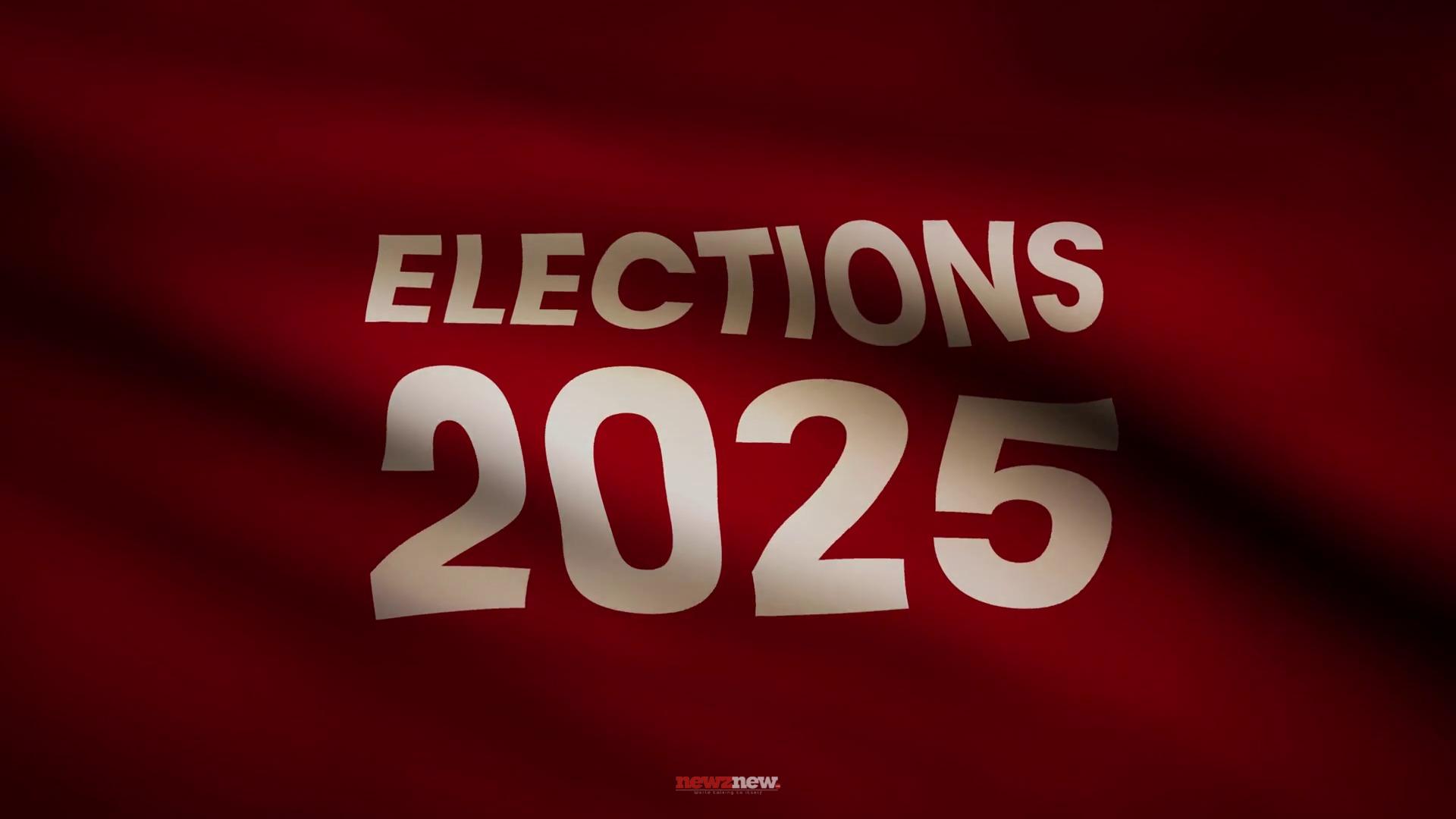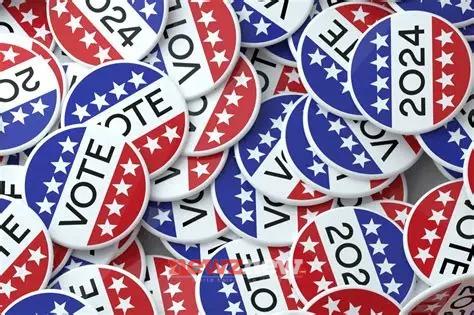Contents
- 1 Voter Mood: The Pulse Behind the Searches
- 2 What Search Trends Reveal About Top Issues
- 3 Changes in Voter Sentiment: Age, Community, and Party Lines
- 4 Americans Are Searching for Change — But Divided on Solutions
- 5 What It Means for Candidates and Content
- 6 Using Election Search Interest
- 7 Voters Desire Hope, But Look for Answers
As the 2025 U.S. election cycle accelerates, search trends offer an unfiltered glimpse into voter mood, major concerns, and what’s driving the conversation. Here’s a data-driven look at what online behavior reveals about political sentiment, the issues shaping the race, and how search insights reflect the complex mood of the American electorate.

Voter Mood: The Pulse Behind the Searches
In contrast to past cycles, Americans are searching for information on the 2025 election with unprecedented speed, nervousness, and doubt. While polls gauge preference, search data shows what citizens worry about daily.
Current Google Trends show spikes in searches like “move to Canada,” “inflation 2025,” and “crime rate under Trump,” reflecting discontent and political curiosity. Search spikes often follow major news such as presidential press conferences, Supreme Court rulings, or political unrest, showing a desire for certainty in uncertain times.
What Search Trends Reveal About Top Issues
Search trends mirror polling: the most popular topics focus on economic and safety concerns.
- The Economy: Inflation leads all searches, up more than 100% since 2020. Americans seek information on employment, housing, and budget issues more than cultural topics.
- Political Discontent: Searches for “political overhaul” are rising, echoing survey data showing that nearly three-quarters of voters believe the system needs major reform.
- Crime and Safety: Searches for “crime rate” and “political violence” surge after high-profile incidents, reflecting growing public anxiety.
- Immigration: The issue remains divisive, spiking during debates and policy announcements.
Voter interest also tracks leadership closely with searches for “approval ratings,” “shutdown,” and “polls” increasing as November approaches.
Changes in Voter Sentiment: Age, Community, and Party Lines

- Young Voters: The 2024 election saw a major shift of Gen Z and Millennials toward Donald Trump, reversing previous trends.
- Older Voters: Voters over 50 largely stick with their party lines, continuing to support the incumbent president.
- Urban vs. Rural Divide: Rural areas have intensified support for Trump, urban centers remain mostly Democratic, and suburban voters are showing reduced enthusiasm for Democrats without fully shifting to the GOP.
Americans Are Searching for Change — But Divided on Solutions
Pessimism defines this election cycle. Over half of Americans believe the country’s best days are behind them. Searches focus on crisis, reform, and “what’s wrong with America” rather than celebration.
- Political violence and recent assassinations have shaken confidence, spiking searches for safety, unity, and reform.
- Shutdown news and approval ratings influence how Americans judge President Trump and Congress’s ability to improve the nation.
- Economic concerns dominate with searches for “jobs,” “cost of living,” “budget deficit,” and “move to Canada,” reflecting frustration and a desire for stability.
What It Means for Candidates and Content

Politicians and strategists monitor real-time search data to shape messages that match voter anxieties.
- Candidates addressing economic pressure, safety, and real reform gain higher search engagement.
- Voters respond better to leaders who appear strong, pragmatic, and compassionate, though overall sentiment remains negative toward both parties.
- Health care, immigration, and education stay near the top of interest lists—especially when tied to concrete solutions.
Using Election Search Interest
Election content should mix analysis, news context, and relatable storytelling.
- Target high-intent keywords like “voter concerns 2025,” “best election news sources,” “local races to watch,” and “Trump approval rating.”
- Publish clear comparison tables with candidate positions and poll breakdowns.
- Combine polling with Google Trends for timely insight.
- Optimize for AI search by organizing information clearly and explaining “why” as well as “what.”
- Highlight state and local races—searches for these contests are increasing this cycle.
Voters Desire Hope, But Look for Answers
Search behavior in the 2025 U.S. election tells more than who’s leading—it shows an impatient public tired of politics-as-usual, craving economic relief, and seeking unity in uncertain times. Candidates and creators must move beyond slogans toward substance, addressing the real concerns reflected in America’s search bar.






